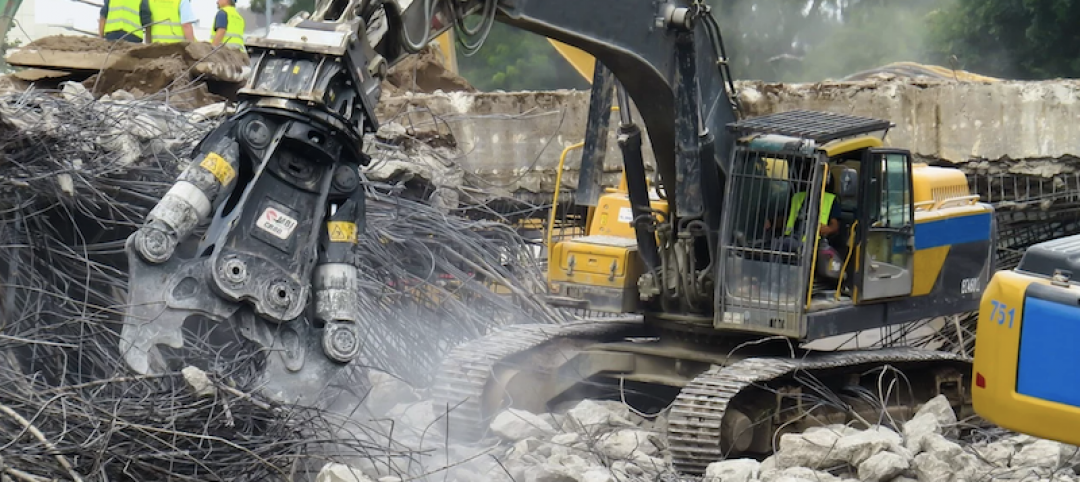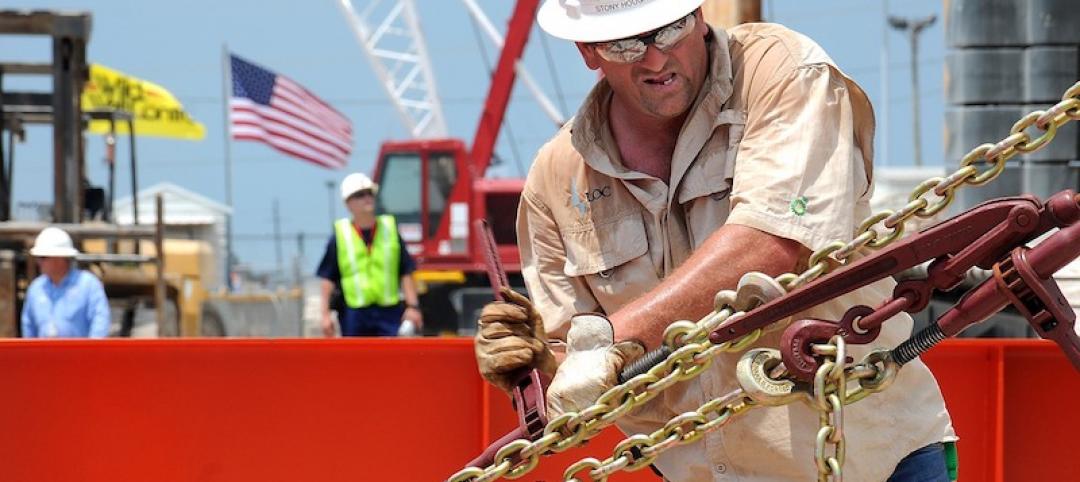A plan to preserve one of Chicago’s most rapidly gentrifying neighborhoods ended in failure when it could not generate community support.
The Pilsen neighborhood, home to Eastern European immigrants in the 19th century and later to newcomers from Mexico, includes ornate “Bohemian Baroque” buildings with brilliant murals expressing the area’s Mexican heritage. The city proposed establishing a historic district to protect more than 850 buildings in Pilsen, but was not able to assuage concerns from neighborhood residents.
The historic district was a part of a larger preservation strategy that included housing supports, economic development measures, park space, and more. Other than some financial support, though, the other measures stalled, prompting suspicion in the neighborhood.
Residents strongly opposed the strategy, fearing that landmarking would not provide relief from displacement and gentrification. Part of the problem: design guidelines on how historic building elements had to be maintained according to the district’s standards were never completed and the city could not present a good estimation on the costs of building repairs nor on the value of incentives that would be available to make repairs.
An important lesson for preservationists is the need to partner with more community development organizations, social justice organizations, housing developers, and planners.
Related Stories
Codes and Standards | Dec 10, 2019
Utilities rolling out more grid-interactive efficient building programs
Focus is on energy savings and demand flexibility.
Codes and Standards | Dec 9, 2019
Canada’s Zero Carbon Building Standard reports first 10 certifications
Projects include new and existing offices, schools, and warehouses.
Codes and Standards | Dec 6, 2019
New research examines flood mitigation policies in the U.S.
Thirteen states or cities have adopted effective measures; some restricting development in vulnerable areas.
Codes and Standards | Dec 5, 2019
USGBC unveils vision for LEED Positive
Roadmap will lay foundation for a future LEED that is regenerative.
Codes and Standards | Dec 5, 2019
Report shows reducing embodied carbon can save money and help mitigate climate change
Embodied carbon now accounts for 11% of global greenhouse gas emissions.
Codes and Standards | Dec 5, 2019
Dubai, London and New York are 2019’s ‘Construction Mega Cities’
From 2007 to 2025, GlobalData expects the cities’ combined gross domestic product (GDP) to increase by more than US$8 trillion to US$20.4 trillion.
Codes and Standards | Dec 2, 2019
New GBCI certification recognizes expertise in sustainability
Provides third-party verification of competency to ‘making the world more economically, socially, and environmentally sustainable.’
Codes and Standards | Dec 2, 2019
New tool allows users to learn how to reduce embodied carbon
Calculator delivers first digitized EPDs.
Codes and Standards | Dec 2, 2019
Trade group challenges St. Petersburg, Fla., ordinance on construction contract mandates
Legality of requirement to hire apprentices, disadvantaged workers at issue.
Building Owners | Dec 2, 2019
What building owners and AEC teams need to know about New York’s Climate Mobilization Act
On April 18, 2019, the New York City Council passed the Climate Mobilization Act, a suite of laws aimed to meet the city’s commitment to achieving carbon neutrality by 2050.

















